Although it is not a locality with much potential and advantage for large-scale agricultural and rural economic development, in recent years, along with the effective implementation of the new rural construction program (NTM), advanced NTM, the agricultural restructuring program; especially after 4 years of implementing the One Commune One Product Program (OCOP), it has created a new vitality in the development of agricultural and rural economy in Ha Nam .
Forming multi-value products
According to the Department of Rural Development (Department of Agriculture and Rural Development), after more than 4 years of implementing the One Commune One Product Program, up to now, Ha Nam has 92 OCOP products with 3 stars or more from 46 entities. Specifically: Duy Tien town 32 products; Phu Ly city 18 products; Ly Nhan district 9 products; Binh Luc 11 products; Thanh Liem 14 products; Kim Bang 8 products... In 2023 alone, the whole province has 49 product ideas registered to participate in the Program from 38 entities. In August 2023, the Department coordinated with the Program's consulting unit to review and select feasible product ideas to submit to the Provincial People's Committee for approval of products participating in the OCOP Program in 2023.

Mr. Nguyen Hai Dang, Head of the Department of Rural Development, commented: Most of the OCOP products that are ranked ensure quality, are diverse in design, packaging, and ensure conditions and regulations on stamps, labels, and product traceability. Many establishments and enterprises with OCOP products that have achieved 3-star provincial level or higher after being recognized have built marketing strategies, promoted propaganda and promotion activities, so they have become known to many consumers, such as products: Grass carp floss, Tilapia fish cakes of Hai Dang river aquaculture cooperative; Pasteurized fresh milk, Black sticky rice yogurt of Moc Bac Dairy and Dairy Cow Breeding Joint Stock Company; Cheu village rice paper; Vermicelli, glass noodles, pho, moringa rice paper of Morice Noodles Vietnam Co., Ltd.... In particular, some products have been introduced to clean food stores in and outside the province, Vinmart supermarket system such as clean vegetables of Phu Van Organic Agricultural Cooperative, Cat Lai Agricultural Cooperative, dairy products of Muc Dong farm, Moc Bac Dairy and Dairy Cow Breeding Joint Stock Company, Cheu village rice paper; Products of Mai Chi Food Joint Stock Company's branch in Ha Nam have entered Thanh Do supermarket system, Soi Bien Clean Food store chain... Thanks to that, the output and sales revenue of these products have increased compared to before the recognition of OCOP products.
After more than 4 years of implementation, it can be affirmed that the OCOP Program has had a positive impact on the development of new effective production models, the development of traditional products in a specialized direction, helping to form clean agricultural production areas, high-tech agriculture associated with value chains, the application of new scientific and technological advances contributes to improving quality, bringing high efficiency in the production of agricultural products; at the same time, has had positive and clear impacts on rural economic development. Through the implementation of the program, it has contributed to the transformation from small-scale agricultural production to production in the direction of value chain linkage, according to standards, regulations, traceability and market demand. Arousing the potential of land, products, comparative advantages, especially regional cultural values to form integrated "multi-value" OCOP products, linking agricultural development with services and tourism. From the implementation of the OCOP program, many localities have planned areas of specialty materials, developed rural industries, especially preserving and developing many traditional craft villages. Forming many OCOP products associated with the role of an "ambassador" to convey humanistic product stories of the region.
Continue to promote the role of "leverage"
Although the OCOP Program is considered a "new wind" in the development of agricultural and rural economy, due to limitations in financial support; the role of participation of commune-level authorities in some localities is still unclear; the subjects participating in the program are still hesitant and inflexible, mainly households and small-scale production cooperatives, weak linkages in the value chain; the application of science and technology is still limited; intellectual property issues for OCOP products have not been given attention... so the Program has not yet achieved the expected goals.

Therefore, to overcome the above difficulties and shortcomings, according to Mr. Tran Quyet Thang, Head of the Department of Agriculture and Rural Development of Thanh Liem district, in the coming time, the OCOP program needs to focus on developing products according to the value chain based on the strengths and advantages of local raw materials, culture and indigenous knowledge according to the "local product axis of villages and communes". In particular, focus on developing specialties, traditional products, promoting cultural values, forming integrated multi-value products associated with advantages in production conditions, local cultural values, especially products of craft villages, traditional crafts, rural tourism services. Promote the development of processed products, deep processing associated with local raw material areas, culture and indigenous knowledge. Along with that, it is necessary to promote training and coaching activities, focusing on skills in production organization, management, innovation, product creation, quality management, food safety, skills in packaging design, product labeling and design, intellectual property, traceability along the value chain, marketing and market development.
In particular, the agricultural sector must coordinate with localities to innovate training and guidance methods in the direction of product development based on community resources. In particular, focus on and improve the quality of OCOP product management. In particular, promote the monitoring and inspection of products after they have been evaluated and classified, especially in terms of quality and food safety. Review, inspect, evaluate and classify products after the recognition period has expired to raise awareness and responsibility of entities towards consumers; promote trade promotion activities, connecting supply and demand for OCOP products through forums, exhibitions, and honoring events...
Also on this issue, Mr. Nguyen Hai Dang, Head of the Department of Rural Development, added that the Agriculture sector has been synchronously implementing solutions so that the OCOP Program can continue to promote its role as a "lever" in local economic development, promote the development of agricultural production in the direction of goods, contribute to job creation and increase income for workers in rural areas. However, for products that have been recognized as 3 stars or higher, it is thought that localities need to pay attention to supporting investors to expand production, apply science and technology, especially in the preservation and processing stages, connect and expand product consumption markets to develop OCOP products; build product brands (register collective trademarks, protect trademarks, Ha Nam certification trademarks, geographical indications) to increase product value. In addition, localities also need to focus on developing products according to the value chain based on the strengths, advantages of raw materials and regional cultural identity. Focus on developing craft village products, potential products associated with advantages in production conditions, unique cultural values to soon turn OCOP products into large-scale commodities. From there, build and form "destinations" for OCOP products associated with tourism centers and cultural activities to promote trade and product markets towards export.
Minh Thu
Source


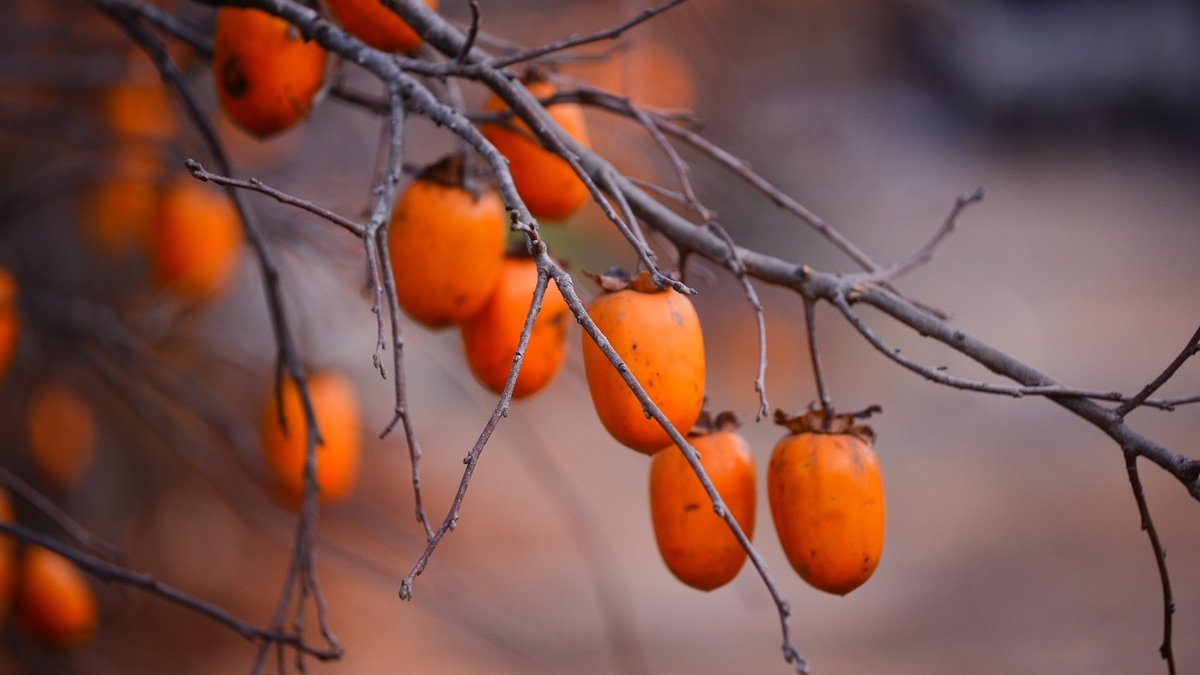
![[Photo] Prime Minister Pham Minh Chinh chairs the second meeting of the Steering Committee on private economic development.](https://vphoto.vietnam.vn/thumb/1200x675/vietnam/resource/IMAGE/2025/11/01/1762006716873_dsc-9145-jpg.webp)






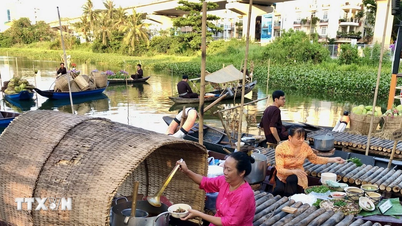



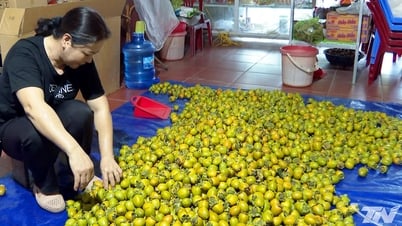



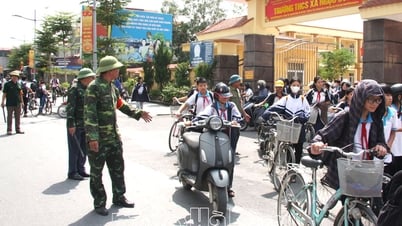

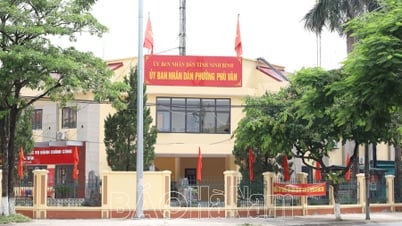








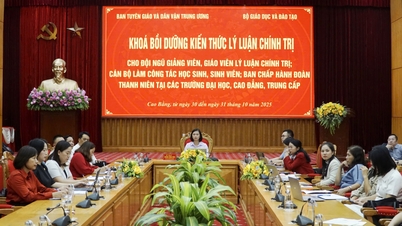
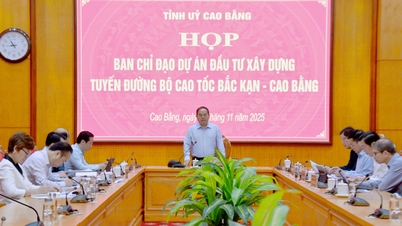
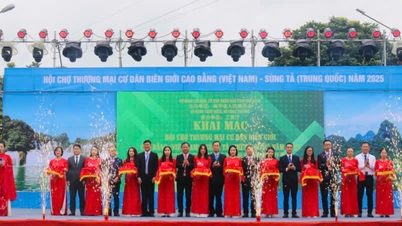
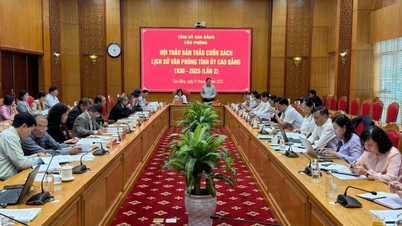
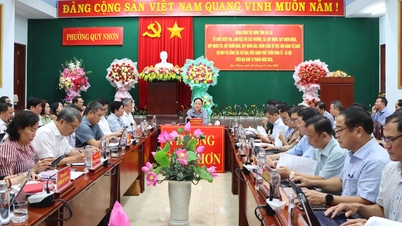
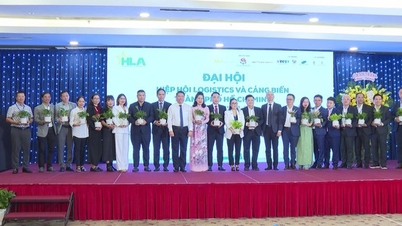














































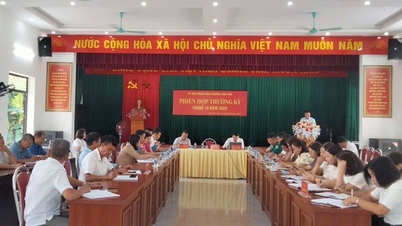
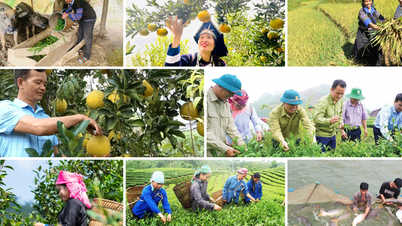




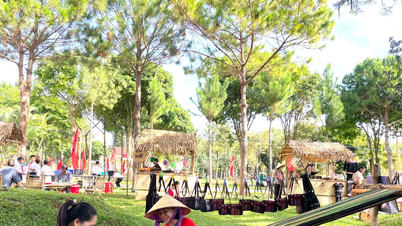


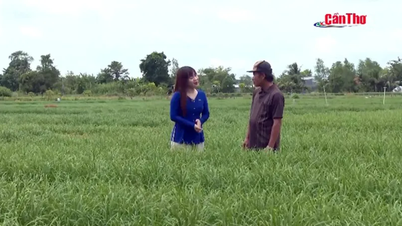




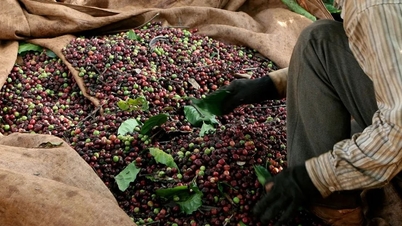











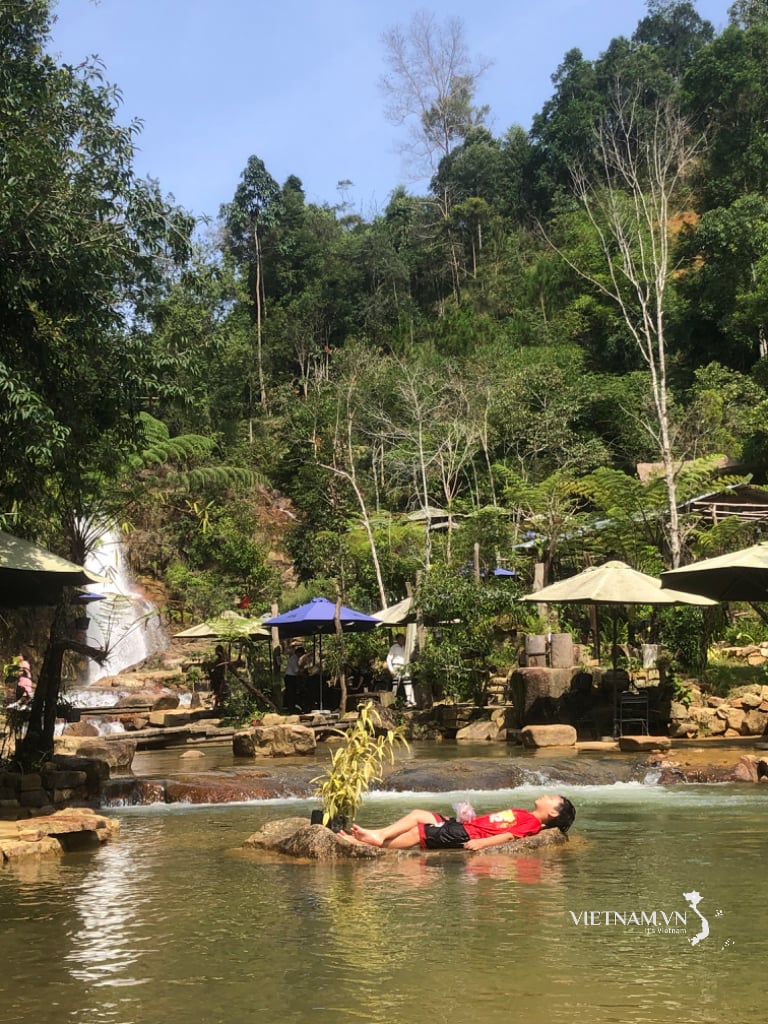



Comment (0)